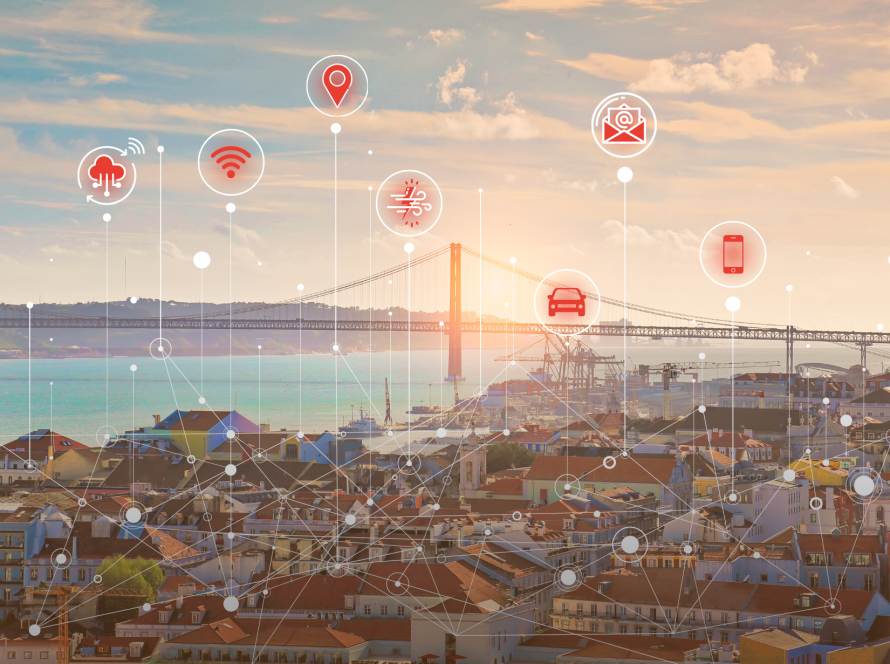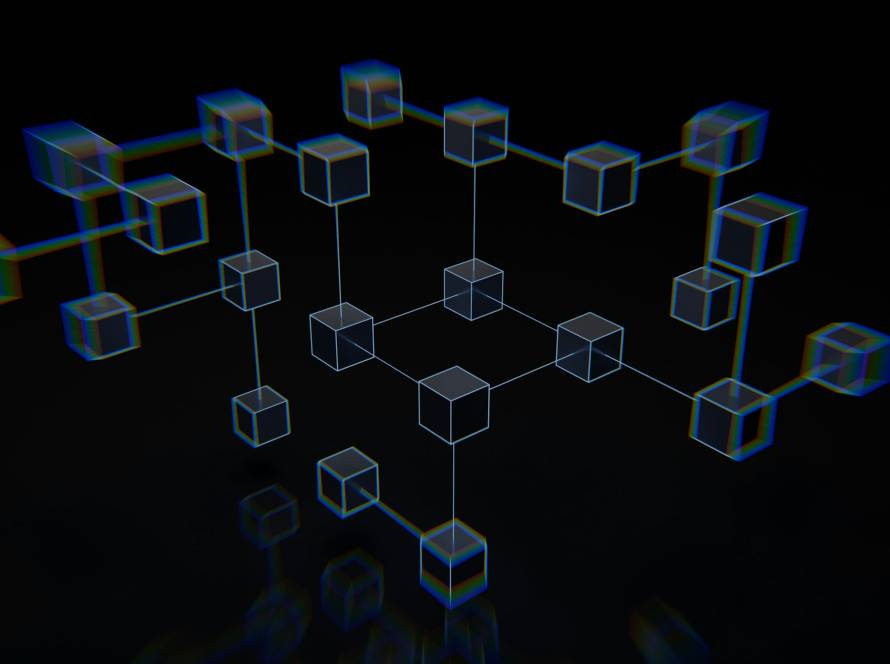TourSignal is a project that uses technology to assess the quality and speed of communication networks in real-time. The study concluded that coverage values on Terceira Island are lower than advertised. When comparing the measurements with the data published on the ANACOM (Autoridade Nacional de Comunicações) website, a large discrepancy in network availability was observed.
The technology used in the project, which costs 10 times less than other equipment on the market, analyzes the three communications operators available, as well as the emergency networks. The study covered the main roads on the island and the maritime connections between the islands of the central group of the Azores, to assess whether they met tourists’ expectations.
The results
On average across the three operators, the study revealed that 90.47% of Terceira has “acceptable coverage”, while 9.53% has “poor or non-existent coverage”. The analysis also indicated that the 5G network covers only 8% of the island, mainly concentrated in the two cities. 4G coverage covers 84% of the territory, 3G 5%, and 2G 3%. Transmission rates are considered “very low”, falling below 10 megabits per second in around 35% of areas. At sea, coverage on the routes between the islands of the central group is almost total, but 75% of the routes have transmission rates below one megabit per second.
Despite the advances, coverage still doesn’t meet the current expectations of tourists, both in terms of capacity and transmission rates. 5G technology, which brings differentiated capacity, is not yet available throughout the island, and some areas frequented by tourists have no network coverage.
The project also included a survey carried out by Fundo de Maneio to assess the importance tourists attach to communications in the Azores. The result indicated that 47.3% of respondents use their smartphone more than once an hour, and 20.9% use it at least once an hour. Gualter Couto, from Fundo de Maneio, pointed out that the overwhelming majority of tourists question having certain experiences if they don’t have access to emergency networks.


